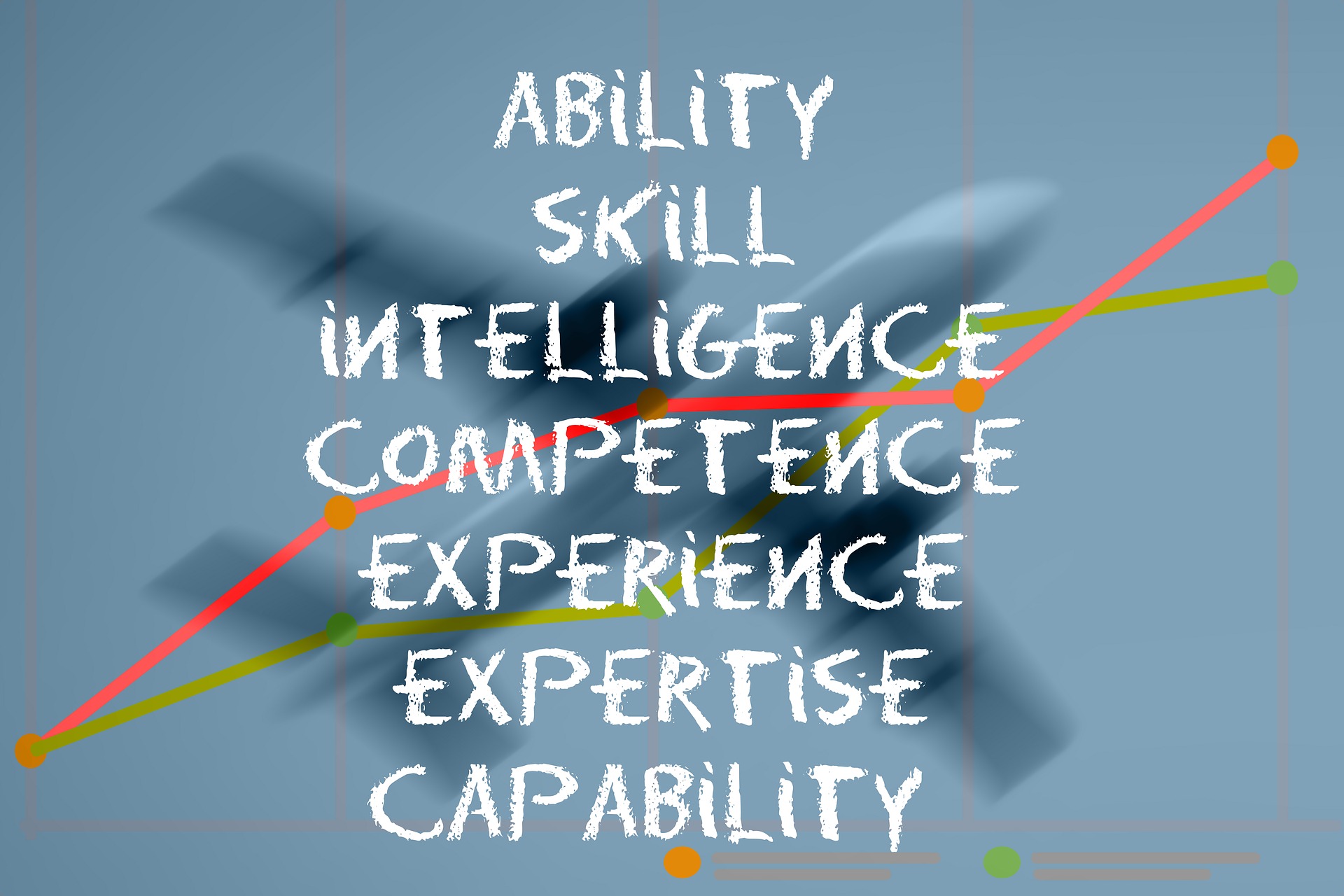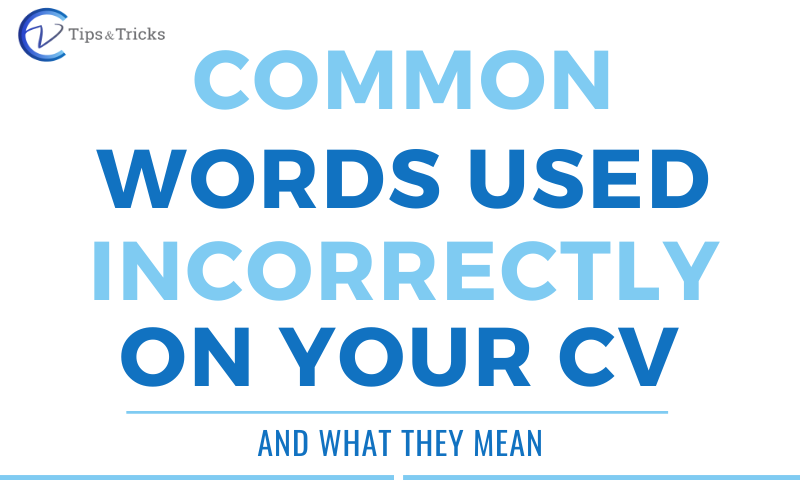Soft and Hard Skills
When writing your CV it is important to have a mixture of Soft and Hard skills. By combining the two sets of skills together in your CV, you are showcasing your personal and professional capabilities in the workplace.
Soft and Hard Skills
Hard skills are usually achieved through IQ potential which can be you can improved on through studying, sitting exams or gaining a degree/certification. Soft skills are achieved from EQ or Emotional Intelligence and are a part of you. They are developed depending on the people that you work for and the culture that you are in.









